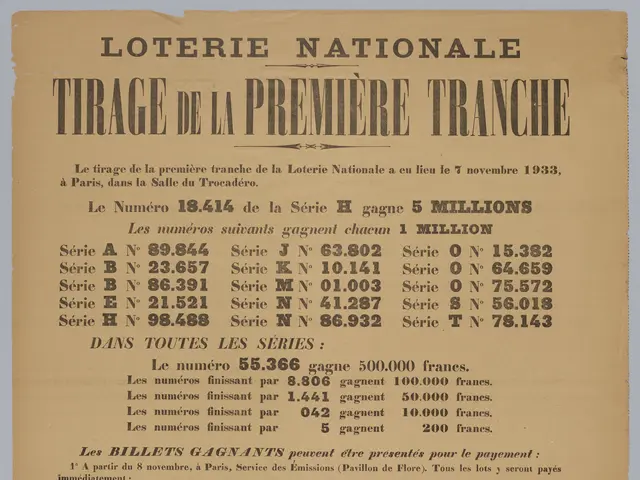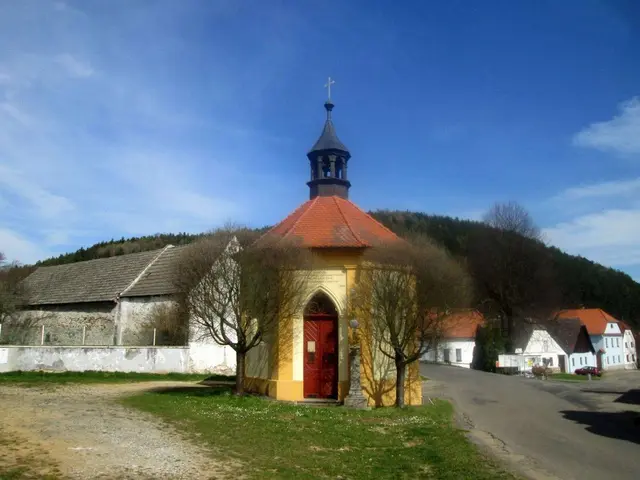International political advancements and potential Europe-focused prospects
In the evolving global political landscape, the roles of Turkey, Israel, and the Gulf Cooperation Council (GCC) states, particularly the United Arab Emirates and Qatar, are becoming increasingly significant, especially in the Caucasus, Central Asia, and the Mediterranean.
Turkey, with its strategic position, is gaining influence in these areas, extending to Azerbaijan, Uzbekistan, Turkmenistan, and Kazakhstan. Notably, Turkey is involved in transit corridor projects connecting Europe and Asia through the South Caucasus, such as the TRIPP rail corridor linking Turkey, Azerbaijan, and beyond. Israel, on the other hand, cooperates with Azerbaijan and maintains varying degrees of diplomatic and economic engagement with Gulf states, although recent conflicts have caused tensions in the Gulf-Israel relations. GCC states share security and economic interests with Europe and Turkey, particularly around energy routes and regional stability in the Middle East and adjacent regions.
Meanwhile, the regime in Tehran finds itself in crisis, with support for terrorism and ambitions to become a nuclear power. This has weakened Iran's role as a regional power, leaving Turkey and Israel as the main regional strongholds. Europe's political leadership is urged to reestablish working relationships with Turkey and Israel, learning from past amicable and constructive relations.
The GCC states, including Saudi Arabia, the United Arab Emirates, and others, are observing the Eastern Mediterranean. Pragmatism is required to establish alliances, including avoiding criticism of internal policies in these countries. Alliances with Turkey, Israel, and GCC countries could strengthen Europe's positions in its neighborhood, countering the influence of Russia, which is losing its grip on some former members of the Soviet Union in the Caucasus, the Caspian basin, and Central Asia.
Africa, however, presents a concern and weakness in European geopolitics. Africa's development requires less protectionism and bureaucratic barriers such as carbon adjustment systems and supply chain acts. The economic and free trade policies of Turkiye, Israel, and the GCC could help Africa, contributing to European peace, business, and the economy. Jerusalem, for instance, has clear and efficient economic and political concepts for Africa, understanding regional variations and local necessities.
France, traditionally a significant player in Africa, has lost influence due to arrogance, particularly under President Emmanuel Macron. Germany and Brussels, on the other hand, lack strategic goals beyond catchphrases like "promoting democracy" and "inclusion". China, while interested in these regions, is not aligned with Europe's interests.
Ankara is interested in a robust centralized state in Syria, avoiding wide autonomy or independence of the Kurdish region in the north. Jerusalem, on the other hand, prefers a weak Damascus and would likely establish special relations with the Kurdish region.
In conclusion, the geopolitical landscape is undergoing significant changes, with Turkey, Israel, and the GCC playing increasingly important roles. Europe's political leadership is urged to reestablish relationships with these countries, learn from past successes, and adopt pragmatic strategies to strengthen its positions in its neighborhood and beyond.
Read also:
- Peptide YY (PYY): Exploring its Role in Appetite Suppression, Intestinal Health, and Cognitive Links
- Easing Pedestrian Traffic Signal Pressure
- Astral Lore and Celestial Arrangements: Defining Terms & In-Depth Insights - Historical Accounts & Glossary of Cosmic Mythology
- ICE directed to enhance detention conditions following NYC immigrants' allegations of maltreatment








